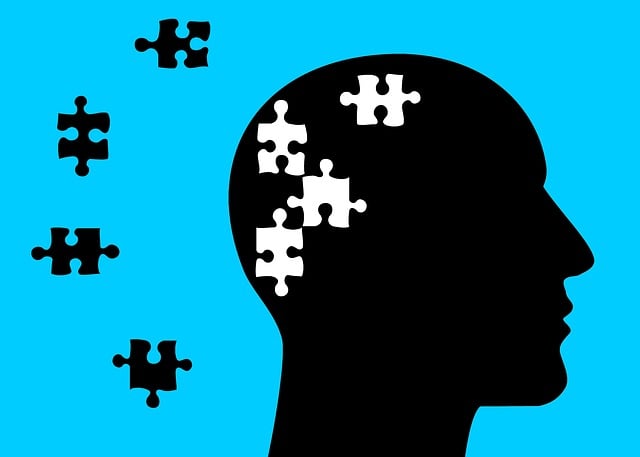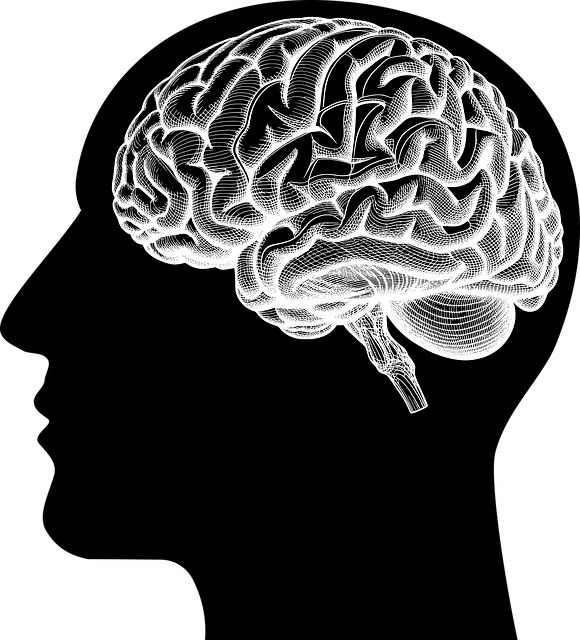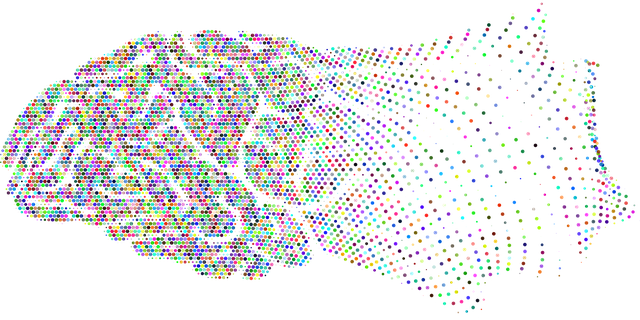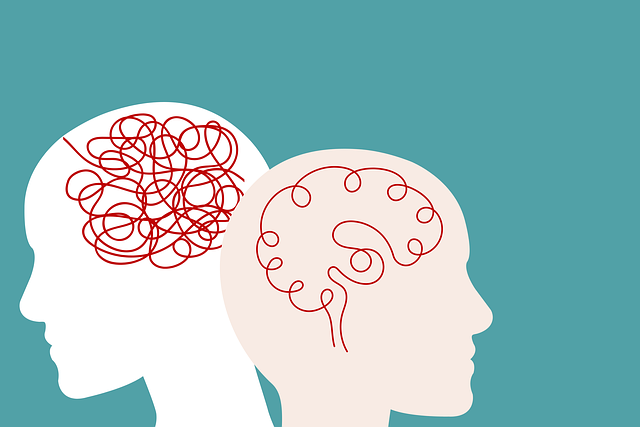Mood regulation through self-awareness and emotional intelligence is vital for managing emotions, especially for individuals with Wheat Ridge Functional Neurological Disorder (WFND). Understanding triggers and employing coping strategies like mindfulness techniques and CBT can significantly enhance mental wellness. Lifestyle modifications, including regular exercise, meditation, and balanced diets, are key components of WFND therapy, promoting sustainable emotional well-being and effective stress management.
In our fast-paced world, managing mood effectively is paramount for overall well-being. This comprehensive guide explores powerful strategies for regulating mood, focusing on both therapeutic interventions and lifestyle changes. We delve into understanding the significance of mood regulation, identifying triggers, and employing evidence-based techniques like Cognitive Behavioral Therapy (CBT) and mindfulness practices. Additionally, discover how lifestyle modifications can support optimal mood, offering practical insights tailored to those seeking Wheat Ridge Functional Neurological Disorder Therapy.
- Understanding Mood Regulation and its Significance
- Identifying Triggers for Mood Disruptions
- Cognitive-Behavioral Therapy (CBT): A Powerful Tool
- Mindfulness Practices for Emotional Balance
- Lifestyle Modifications for Optimal Mood Support
Understanding Mood Regulation and its Significance

Understanding Mood regulation is paramount for overall well-being and quality of life. It involves managing and stabilizing emotions, ensuring individuals can navigate life’s challenges with resilience and adaptability. At its core, effective mood regulation enables folks to achieve a sense of balance, reducing the intensity and duration of negative emotional states while cultivating positive ones. This process is particularly crucial for those navigating conditions like Wheat Ridge Functional Neurological Disorder, where Emotional Healing Processes can play a transformative role. By integrating Self-Awareness Exercises and cultivating Emotional Intelligence, individuals can gain valuable insights into their emotional responses, leading to more effective coping strategies and improved overall mental health.
Identifying Triggers for Mood Disruptions

Understanding and identifying triggers is a crucial step in managing mood disruptions effectively. Individuals with Wheat Ridge functional neurological disorder therapy often experience fluctuations in mood due to specific triggers that set off chain reactions of emotional distress. These triggers can be diverse, ranging from environmental factors like stressful work environments or crowded places to personal reminders of past traumas or certain thought patterns. By keeping a journal and reflecting on one’s emotions, individuals can start to recognize these triggers and the physiological responses they elicit.
Knowing one’s personal triggers enables the implementation of tailored burnout prevention strategies for healthcare providers, which may include practicing mindfulness techniques during social skills training sessions or incorporating moments of tranquility into busy schedules. Moreover, this awareness can inspire listeners of the Mental Wellness Podcast Series Production to explore their emotional landscapes and develop coping mechanisms that resonate with them personally, ultimately enhancing mental wellness.
Cognitive-Behavioral Therapy (CBT): A Powerful Tool

Cognitive-Behavioral Therapy (CBT) has established itself as a powerful tool in wheat ridge functional neurological disorder therapy, revolutionizing mental health policy analysis and advocacy globally. This evidence-based approach focuses on identifying and changing negative thought patterns and behaviors, providing individuals with strategies to manage their moods effectively. By targeting specific cognitive distortions, CBT empowers patients to develop inner strength and foster mental wellness.
Through structured sessions, therapists help clients challenge unhelpful thoughts and replace them with more realistic and positive ones. This process enables individuals to gain a deeper understanding of their emotional responses, leading to better coping mechanisms and improved overall mental health. CBT has proven especially beneficial for various conditions, including anxiety, depression, and stress-related disorders, making it a go-to treatment option in the pursuit of optimal mental wellness.
Mindfulness Practices for Emotional Balance

In today’s fast-paced world, maintaining emotional balance can be a challenge. Mindfulness practices offer a powerful tool for achieving this, especially for those managing conditions like Wheat Ridge Functional Neurological Disorder. By focusing on the present moment and cultivating non-judgmental awareness of thoughts and feelings, individuals can develop a stronger sense of inner peace. This proactive approach to mental well-being is a cornerstone of effective Wheat Ridge therapy, as it equips individuals with Stress Reduction Methods to navigate life’s ups and downs.
Mindfulness isn’t just about meditation; it encompasses everyday activities like mindful breathing, body scans, and even walking. Incorporating these practices into daily routines can significantly enhance emotional regulation capabilities, making it easier to manage triggers and maintain a sense of calm. Moreover, by fostering self-awareness, mindfulness can serve as an effective Conflict Resolution Technique, enabling individuals to respond to challenging situations with greater clarity and composure. Additionally, the confidence boosting aspects of mindfulness can empower individuals to face their emotions head-on, leading to improved overall well-being.
Lifestyle Modifications for Optimal Mood Support

Lifestyle modifications play a pivotal role in supporting optimal mood regulation and overall mental wellness. Integrating practices such as regular exercise, mindfulness meditation, and a balanced diet can significantly impact an individual’s emotional state. Physical activity releases endorphins, often referred to as “feel-good” hormones, which can reduce stress and enhance mood. Mindfulness techniques, like those taught in Wheat Ridge Functional Neurological Disorder Therapy, help individuals become more aware of their thoughts and emotions without judgment, fostering a greater sense of calm and resilience.
Moreover, adopting healthy habits extends beyond physical activity and mindfulness. Adequate sleep, stress management strategies, and limiting exposure to toxic environments or relationships are crucial aspects of mental wellness. Mental health professionals often emphasize the importance of these lifestyle changes as part of a comprehensive risk assessment, recognizing their significant role in preventing and managing emotional disorders. This holistic approach, coupled with evidence-based therapy techniques, can empower individuals to take control of their emotional well-being through sustainable lifestyle modifications.
Mood regulation is a vital skill for maintaining emotional well-being, and understanding the various strategies available can empower individuals to manage their mental health effectively. By identifying triggers, utilizing evidence-based therapies like CBT, embracing mindfulness practices, and adopting beneficial lifestyle changes, one can achieve a more stable and positive mood. Incorporating these techniques may significantly improve quality of life, offering relief from conditions such as Wheat Ridge Functional Neurological Disorder. Through consistent practice, individuals can gain greater control over their emotional responses and cultivate resilience in navigating life’s challenges.














